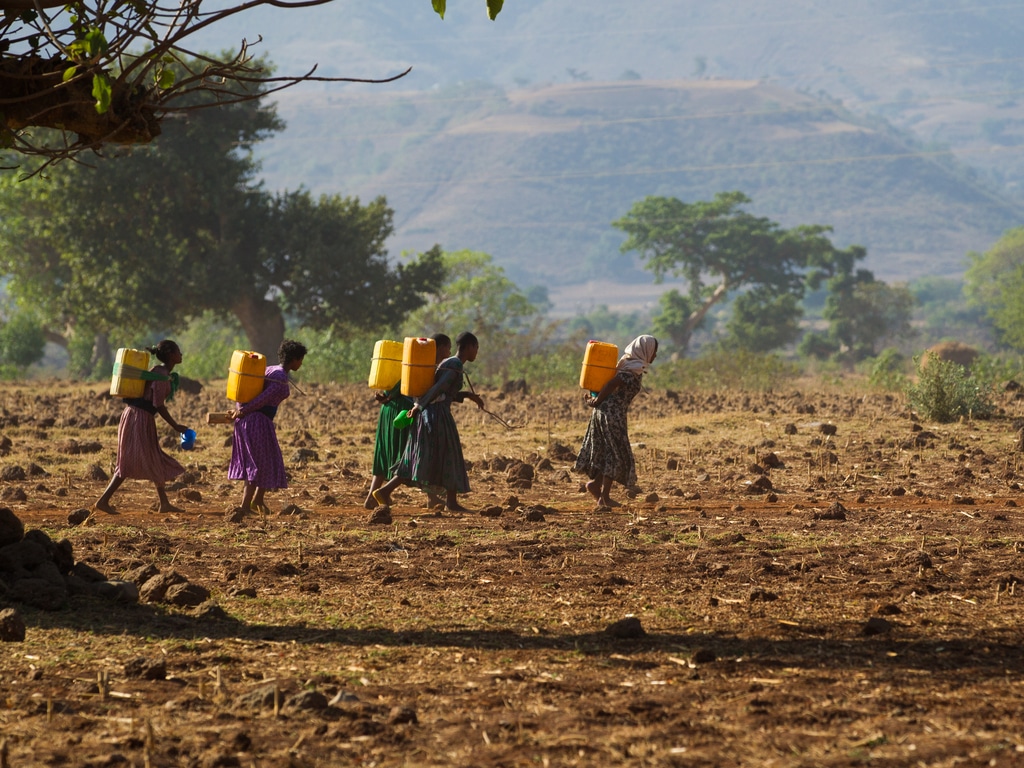In recent years, Ethiopia has been facing a succession of crises, particularly security and climate crises, which have weakened the food security of its people. In this context, the African Development Fund (ADF), the concessional lending window of the African Development Bank (AfDB) Group, is providing US$ 13.9 million for the implementation of the Resilient Water Development Programme for Livelihood Improvement in Borana, a town in the south of the country.
According to the Ethiopian authorities, the initiative aims to improve access to water and sanitation in order to boost the productivity of agro-pastoral communities, particularly in drylands. The first phase of the programme involves “the development of wellfield infrastructure and the construction of a pipeline to connect a water storage tank”, says the AfDB.
In Borana, the work will be carried out between 2022 and 2026 in the districts of Elweya, Dubluk and Yabel. They will ultimately improve water supply to about 309,000 people, including rural women, and 975,750 livestock.
Supporting climate resilience
“This support is a coordinated response with the Ethiopian government to mitigate the challenges of climate change in order to develop sustainable water structures and improve the socio-economic conditions of the people living along the river,” explains Osward Chanda, the AfDB’s Water and Sanitation Department Director. According to the financial institution based in Abidjan, Ivory Coast, the initiative also benefits from the technical support of the Global Centre for Adaptation (GCA) within the framework of the Accelerated Africa Adaptation Programme (AAAP) conducted in partnership with the AfDB.
Read also-ETHIOPIA: $600 million for climate adaptation for small-scale farmers
The GCA is currently working with the World Bank Group on a similar programme in Ethiopia. In July 2022, the Bretton Woods institution through the International Development Association (IDA) allocated $600 million for climate adaptation for smallholder farmers in the East African country. The implementation of this project, which focuses on rural smart agriculture, will benefit about 2.3 million Ethiopians whose livelihoods are affected by droughts and epidemics.
Benoit-Ivan Wansi
